
Marina Muscolo is an agronomist and belongs to Reinas de Corazones, an organization that encourages rural women to enter beekeeping to generate their own and extra income for the family economy.
¿Why did you start promoting the role of women in beekeeping?
The reality of families in the countryside is that they generally live there because the man has a job but the woman does not. Luckily, women today want her autonomy, but in these areas she has to travel great distances to get a job. The objective is that women can take advantage of the resources that nature so generously provides to be able to produce their own honey and generate an extra income for their families. The project is aimed at women of farm managers.
¿What does the work done with women consist of?
We all work as independent beekeepers, but we work collaboratively because we get together to train, seek financing and we set up buying pools to get a better price and sale of part of the honey. Each participates in the activities that are of benefit to her.
¿So far, how many women have you worked with?
It works like a chain of favors. Rural women who want to try the activity in the first year receive free training. During the second year, if she decides to try the activity, she receives a beekeeper’s kit consisting of hives and all the equipment to make them produce, in addition to the accompanied monitoring of the hives. With the harvest of her beehives, she has the option of donating her production so that with the sale of that honey, she can buy another kit for another rural woman, and in this way the favor is passed from woman to woman. This honey that the girls donate to pass on the favor is the one that we sell as Reinas de Corazones to be able to buy the equipment of the new girls who enter the following year. It is important because girls not only have the possibility to receive, but also to give.
¿Where did they start?
In Pehuajó, in Buenos Aires province, 4 years ago. And due to this chain, we are already in Trenque Lauquen, Azul, Gral. Madariaga, Monte, Cañuelas and Castelli. All this before the pandemic: we were almost 40 beekeepers in these locations and the trainings were conducted in person and 90 women participated.
¿How did the Covid affect them?
The pandemic made us see the possibility of doing virtual training sessions and that made it possible for us to open them to other provinces and other countries. In principle, these virtual trainings were designed so that women who have their hives can ask questions and have information about the activities they have to carry out in their hives according to the time of year. Today there are 300 women enrolled in virtual training from nearly all the provinces of Argentina and from other countries such as Chile, Mexico, Colombia, Costa Rica, Peru, Venezuela, Paraguay, Ecuador, the Dominican Republic, Brazil and Uruguay. These women some have hives and others want to start. The total number of hives that add up today are 2,600. For the virtual training we articulated with INTA Azul and we always had the full support of INTA Proapi.
¿What results have you obtained so far?
The great result is the impact on rural families, in addition to the possibility of free training in the beekeeping occupation. The women realize that they can develop their own entrepreneurship since the training is not only in the trade but also in the economic part of how to keep the business numbers. There are even women who are starting to learn how to drive a car thanks to this opportunity. The woman with economic autonomy pulls the development of society.
Above all, it is about empowering women …
According to FAO, the great challenge is to expand the possibilities of rural women to make the most of their potential, while improving their quality of life and, with that, that of their family and society as a whole. And according to UN Women, when the number of employed women increases, economies grow. Increased participation of women in the labor force, or a smaller difference between the participation of women and men, produces faster economic growth.
¿Is the salary gap still wide in Argentina?
According to the Center for the Economic Development of Women, the wage gap in detriment for women in our country is an average of 27% and the participation gap in the economy is 25%. But if we manage to level these indexes, GDP may increase by 16% in the short term.
So this is key!
Of course. And one more piece of information: an increase in the proportion of household income controlled by women modifies spending patterns in ways that benefit daughters and sons. In other words, a higher income for women represents higher spending in their homes for education and food, fundamental issues for equitable development in our country.
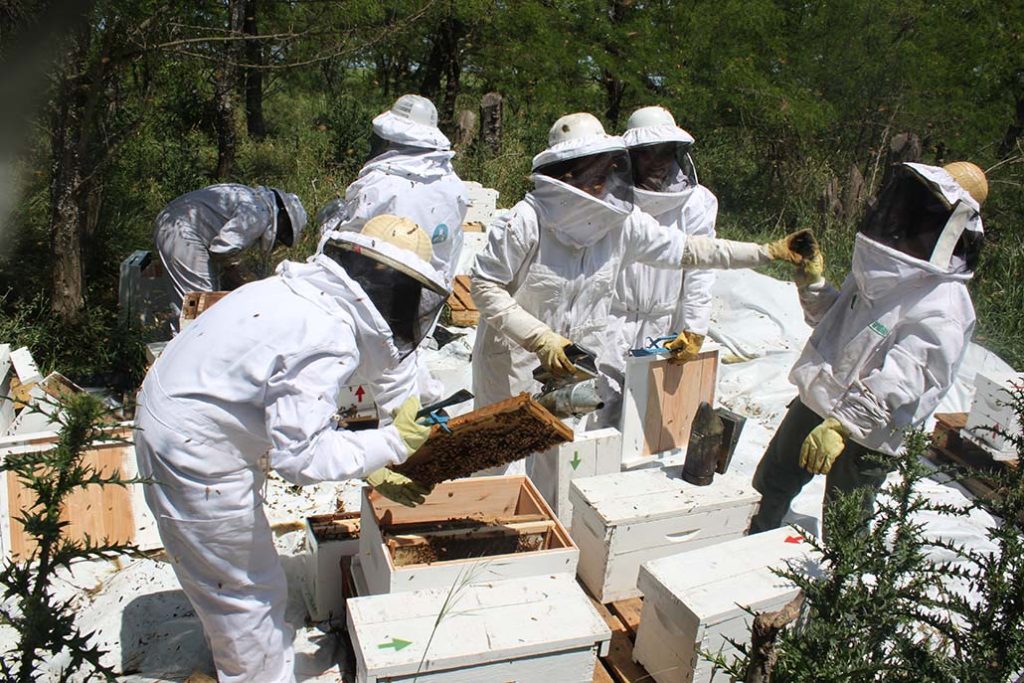
¿What obstacles have they had to overcome or continue to appear for the project to continue moving forward?
Financing, which is hard to come by, and women’s time to train and work, due to their unpaid duties and the demand for the house and children. Also distances, due to the transport cost.
Lately, several initiatives have emerged that aim to protect bees and to revalue honey. What do you think it is due to?
Two things: first, honey was revalued by the global trend towards natural foods and bees are directly or indirectly responsible for the pollination of 70% of the plants on the planet. In other words, without pollinators these plants would not exist and clearly the world would not be as we know it. Bees are the pollinators per excellence, since they are very active and they are the only ones that visit a single plant species per flight. Second, a third of the food we consume would not exist because they depend on pollination. A pollinated plant is a plant that bears more fruit and tastier. A pollinated plant is a stronger plant … And stronger and healthier plants make a healthier environment.

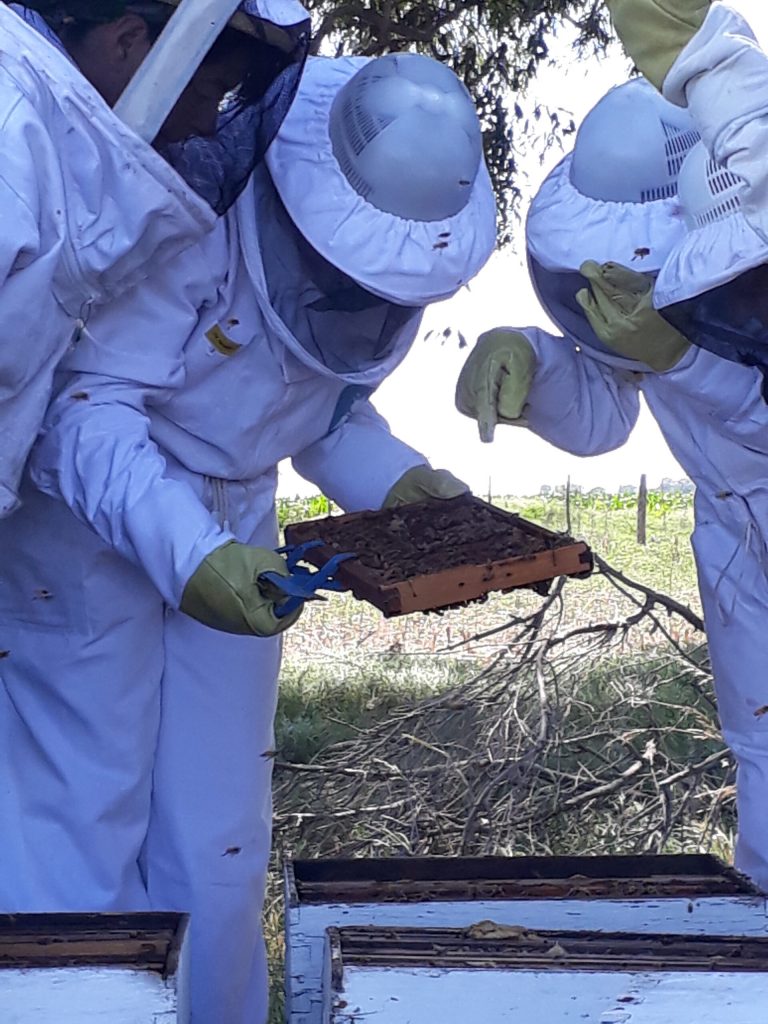
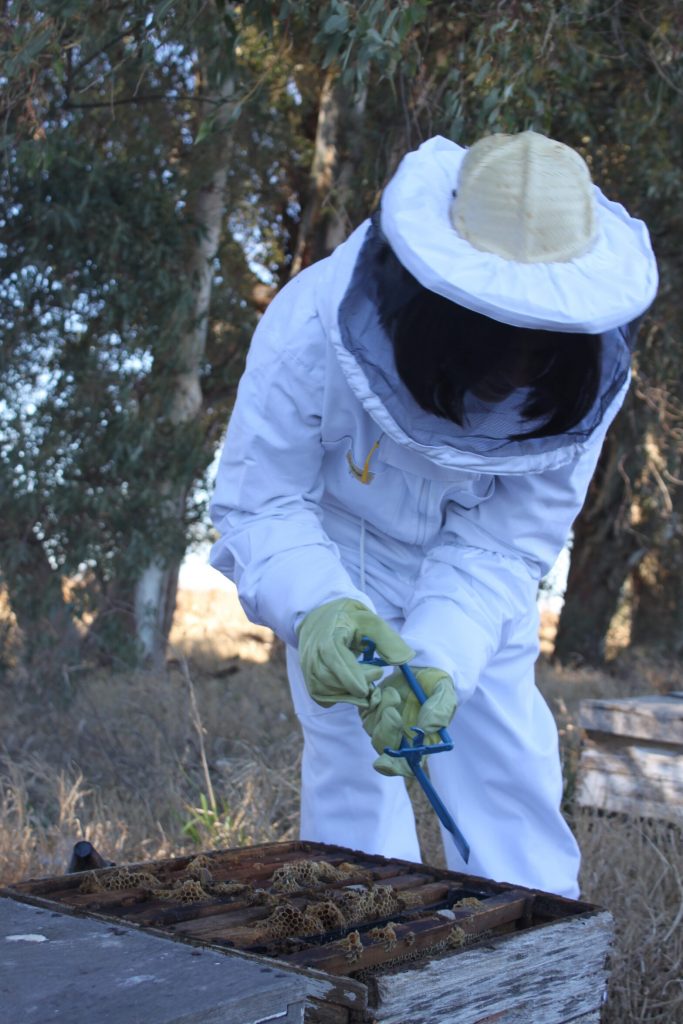
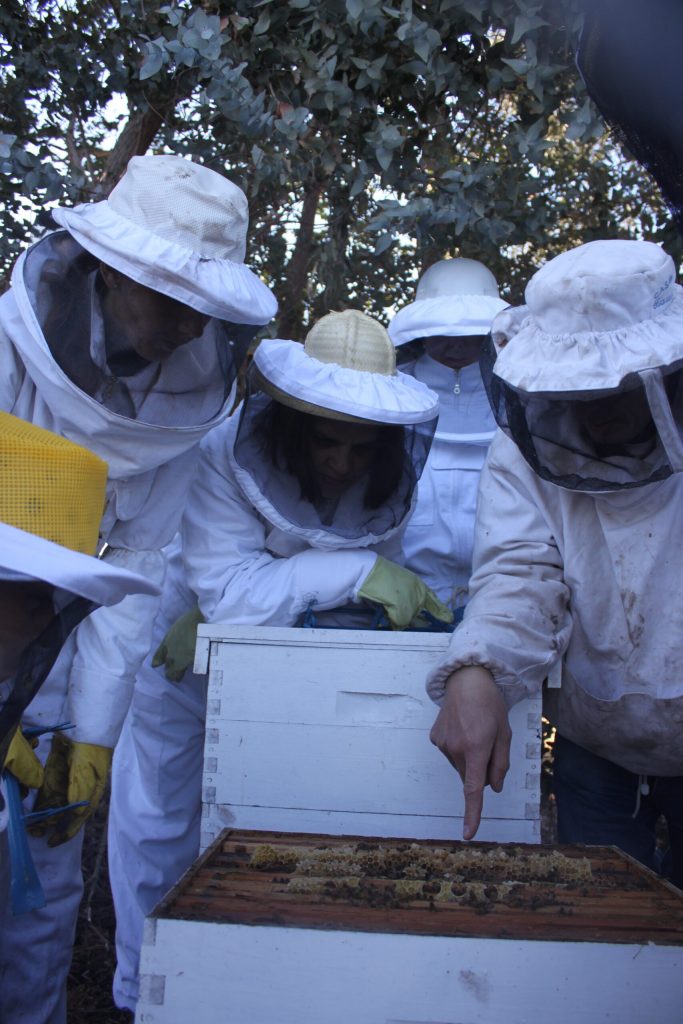
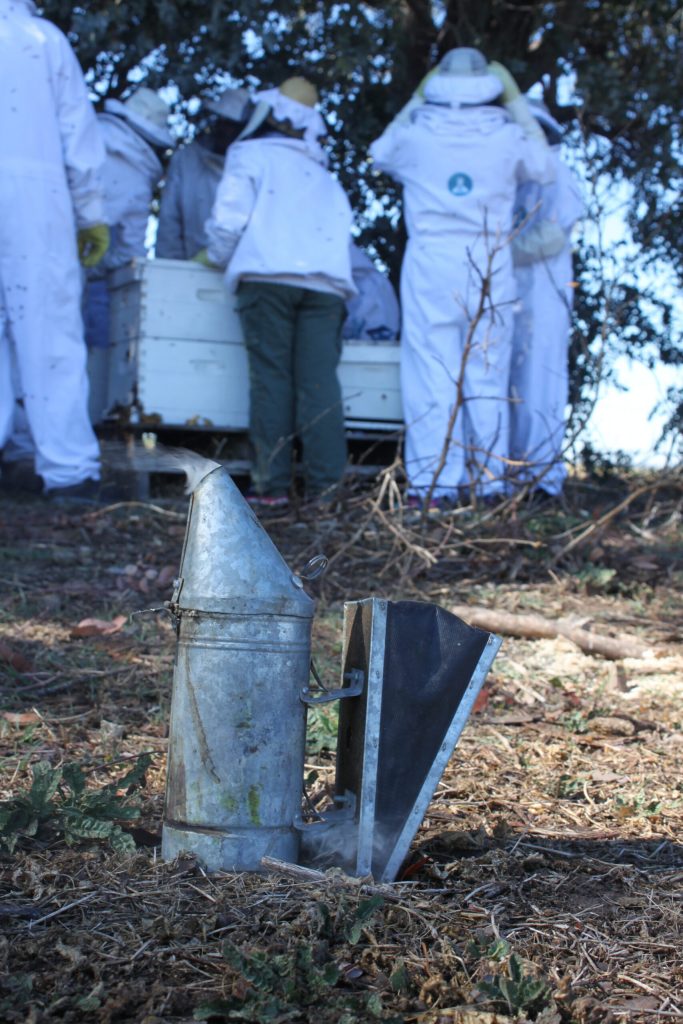
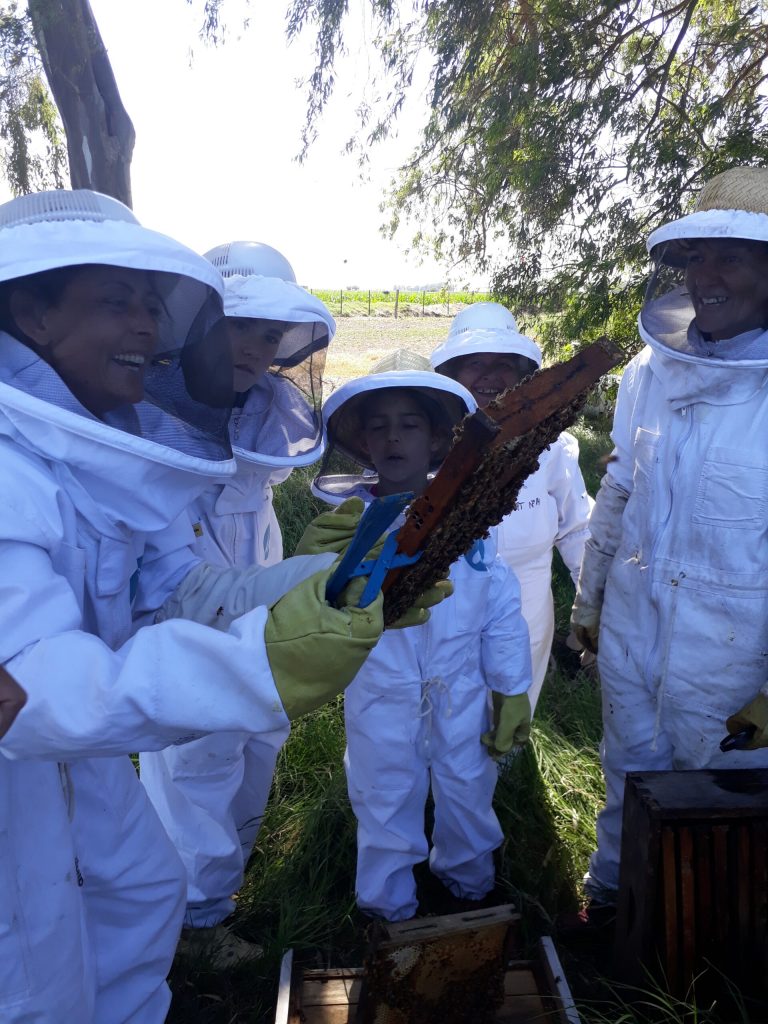
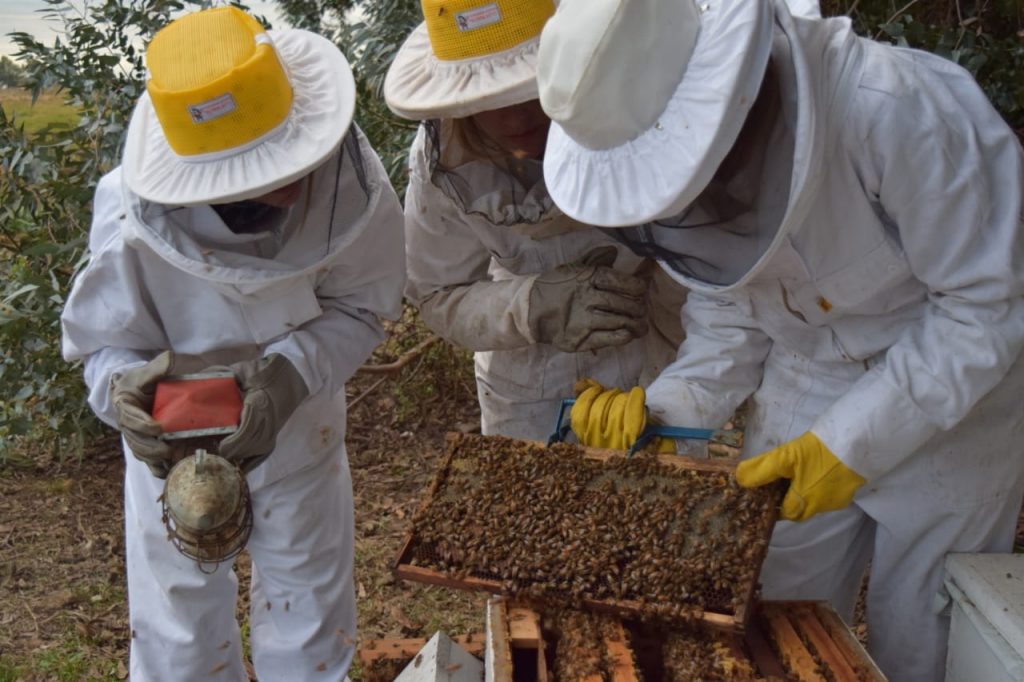
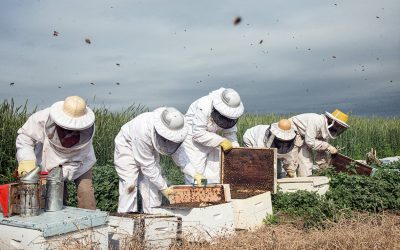





0 Comments